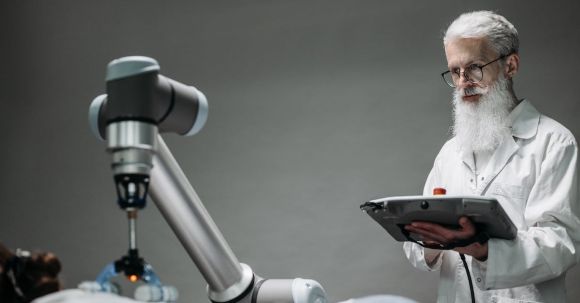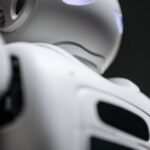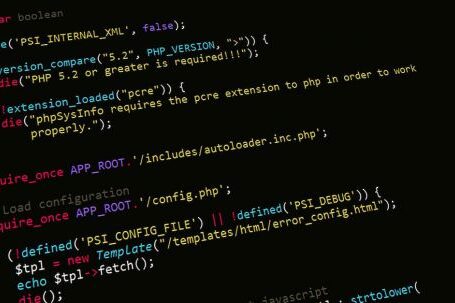Artificial Intelligence (AI) has emerged as a powerful force in shaping the innovations of tomorrow. With its ability to analyze vast amounts of data, learn from patterns, and make predictions, AI is revolutionizing industries across the globe. From healthcare to transportation, AI is transforming the way we live and work. In this article, we will explore the role of AI in shaping the innovations of tomorrow.
AI in Healthcare: Revolutionizing Diagnosis and Treatment
One of the most promising areas where AI is making a significant impact is healthcare. AI systems can analyze medical records, images, and patient data to assist doctors in diagnosing diseases and developing treatment plans. By leveraging AI, healthcare professionals can make faster and more accurate diagnoses, leading to improved patient outcomes. Additionally, AI-powered robots are being developed to assist in surgeries, reducing human error and improving surgical precision.
AI in Transportation: Enabling Autonomous Vehicles
Another area where AI is shaping the innovations of tomorrow is transportation. The development of autonomous vehicles is made possible by AI. Self-driving cars use AI algorithms to analyze data from sensors and cameras to navigate roads, detect obstacles, and make decisions in real-time. This technology has the potential to revolutionize transportation, making it safer, more efficient, and environmentally friendly.
AI in Education: Personalized Learning and Adaptive Assessments
Education is another field that is being transformed by AI. AI-powered systems can analyze student data to create personalized learning experiences tailored to individual students’ needs. By understanding each student’s strengths and weaknesses, AI can provide targeted recommendations and adaptive assessments, enabling students to learn at their own pace. This personalized approach to education has the potential to revolutionize the way we teach and learn.
AI in Finance: Enhancing Efficiency and Security
The financial industry is also benefiting from AI technologies. AI-powered algorithms can analyze vast amounts of financial data in real-time, identifying patterns and making predictions. This helps financial institutions make better investment decisions and reduce risks. AI algorithms can also detect fraudulent activities, enhancing security and protecting consumers’ financial information.
AI in Manufacturing: Improving Efficiency and Automation
The manufacturing industry is another sector where AI is playing a crucial role. AI-powered robots and machines can perform repetitive and dangerous tasks with precision and efficiency. This not only increases productivity but also improves workplace safety. Additionally, AI can optimize production processes by analyzing data and identifying areas for improvement, leading to cost savings and increased competitiveness.
The Future of AI: Ethical Considerations and Human Collaboration
While AI has the potential to revolutionize industries and improve our lives, it also raises ethical considerations. As AI technologies become more advanced, it is essential to ensure that they are used responsibly and ethically. There are concerns about job displacement and the impact of AI on privacy and security. To address these concerns, it is crucial to have regulations and guidelines in place that govern the development and use of AI technologies.
Additionally, it is important to emphasize the collaboration between humans and AI. While AI can perform tasks with efficiency and accuracy, it lacks human creativity, empathy, and intuition. By combining the strengths of humans and AI, we can harness the full potential of AI technologies and create a future where humans and machines work together for the benefit of society.
In conclusion, AI is playing a vital role in shaping the innovations of tomorrow. From healthcare to transportation, education to finance, and manufacturing, AI is revolutionizing industries and transforming the way we live and work. As we move forward, it is crucial to address the ethical considerations and ensure that AI technologies are used responsibly. By embracing the collaboration between humans and AI, we can create a future where technology enhances our lives and creates a more prosperous and sustainable world.





